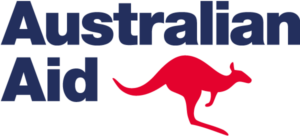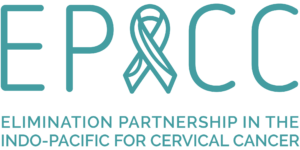An Australia Awards Fellowship Program has been launched to strengthen skills and leadership in cervical cancer elimination across the Indo-Pacific. Supported by the Australian Government, this initiative aims to optimise the Elimination Partnership in the Indo-Pacific for Cervical Cancer (EPICC) by uniting health professionals from Timor-Leste, Papua New Guinea (PNG), and Vanuatu.
The Fellowship includes a rigorous two-week training program at the University of Sydney, followed by a week of in-country activities and ongoing virtual support. Participants will receive comprehensive education and skills training in key areas of cervical cancer management, including public health, Gynaecology, palliative care, histopathology and digital health registries.
15 Fellows have been selected from multi-disciplinary backgrounds, including clinical, laboratory, and health policy fields, ensuring a diverse approach to local health challenges. The program focuses on building institutional capacity to improve cervical cancer screening and treatment, empowering future health leaders to implement effective, community-tailored programs.
Key activities will involve workshops, leadership training, and collaboration with local stakeholders to enhance health literacy and integrate cervical cancer care with existing health services. The Fellowship also emphasises the importance of gender equality and support for marginalised groups in healthcare.
Parallel EPICC Program
Complemented by the Fellowships, the EPICC program, also led by the University of Sydney, includes key partners such as the Australian Centre for the Prevention of Cervical Cancer (ACPCC), the Kirby Institute UNSW, Family Planning Australia (FPA), and the National Centre for Immunisation Research and Surveillance (NCIRS), along with Unitaid, WHO. Each partner has specific roles in funded activities that span six priority areas of work.
The EPICC program collaborates with global and country partners, leveraging their expertise and networks to achieve high-quality outputs. Global implementing partners, including the Union for International Cancer Control (UICC), the International Gynaecologic Cancer Society (IGCS), and the National Cancer Institute (NCI/NHI), will provide substantial support in cancer treatment, secondary prevention, and HPV vaccination.
Funded by a regional aid grant from the Australian Government, EPICC builds on the successes of the ECCWP project in PNG and Vanuatu, along with Program Rose in Malaysia, which together screened over 60,000 women. This four-year initiative will be co-designed with partner governments to undertake various cervical cancer control activities, focusing on capacity building, sustainability, and equity.
Overall, both the Fellowship and EPICC initiatives aim to strengthen healthcare systems in the region, promote innovation, and improve patient outcomes through shared learning and collaboration. By enhancing the capacity of health professionals, these programs seek to significantly contribute to cervical cancer control in the Indo-Pacific region.






